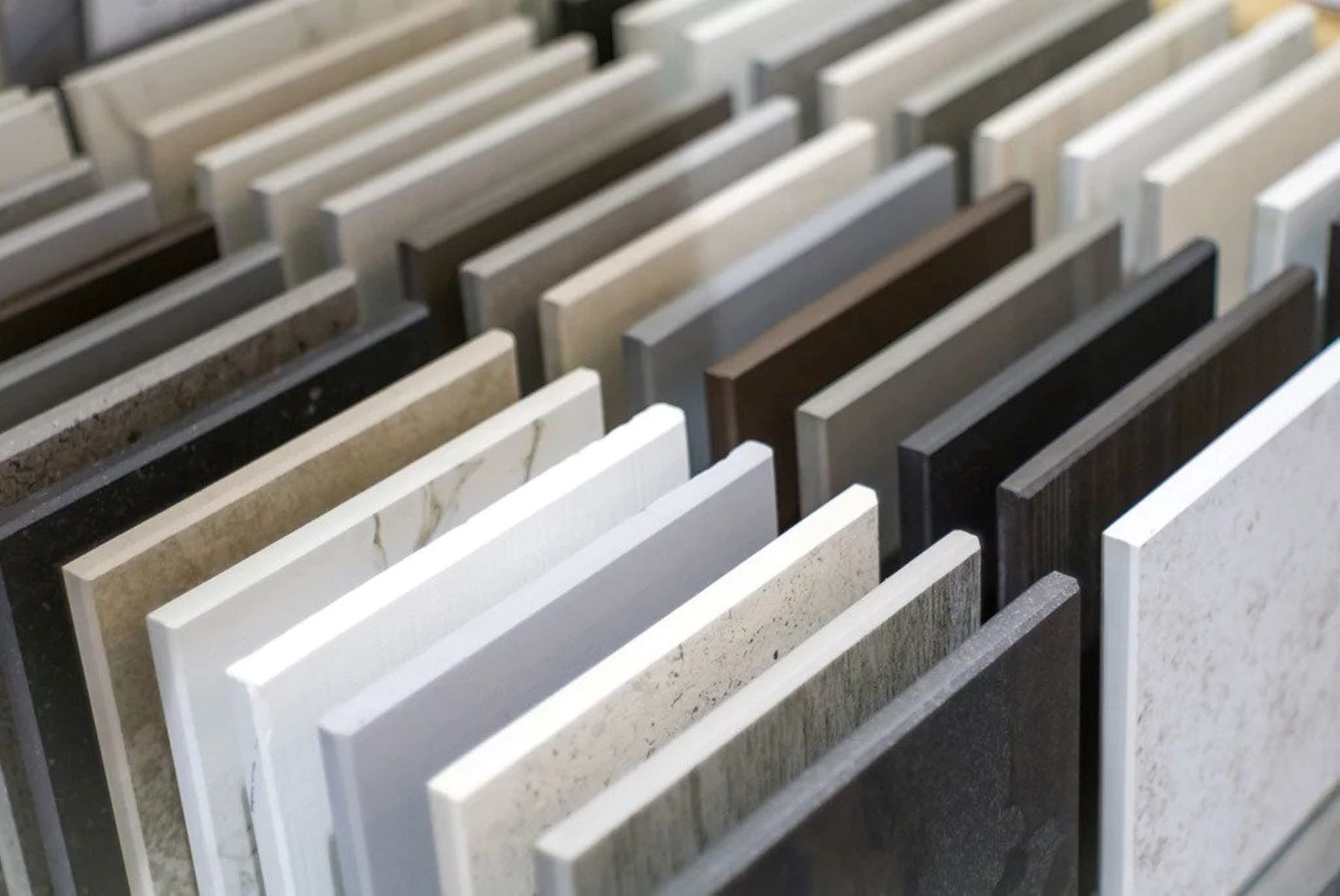

Articles
What Do Quartz Countertops Look Like
Modified: January 18, 2024
Discover what quartz countertops look like with these informative articles. Learn about the different styles, colors, and patterns available for your kitchen or bathroom.
(Many of the links in this article redirect to a specific reviewed product. Your purchase of these products through affiliate links helps to generate commission for Storables.com, at no extra cost. Learn more)
Introduction
When it comes to kitchen and bathroom design, countertops play a crucial role in defining the overall aesthetics and functionality of the space. With numerous options available on the market, choosing the right countertop material can be overwhelming. One popular choice among homeowners and designers alike are quartz countertops.
Quartz countertops offer a blend of natural beauty and unparalleled durability, making them a sought-after option for both residential and commercial applications. Unlike natural stone countertops like granite or marble, quartz countertops are engineered using a combination of ground quartz, resin, and pigments, resulting in a surface that is not only stunning but also highly resistant to stains, scratches, and heat.
Furthermore, quartz countertops offer a wide range of customization options, ensuring that you can find the perfect look to complement your design style and preferences. From a variety of colors and patterns to different finishes and edge profiles, quartz countertops can be tailored to suit any interior design scheme.
In this article, we will delve into the world of quartz countertops, exploring their benefits, aesthetics, maintenance requirements, and cost. We will also compare quartz with other popular countertop materials and address common myths surrounding quartz countertops. By the end, you will have a comprehensive understanding of what quartz countertops look like and whether they are the right choice for your home or project.
Key Takeaways:
- Quartz countertops offer unparalleled durability, low maintenance, and a wide range of colors and patterns, making them a versatile and long-lasting choice for any kitchen or bathroom design project.
- Debunking common myths, quartz countertops are not only highly resistant to stains and heat, but also offer a cost-effective, durable, and aesthetically pleasing alternative to natural stone options.
Read more: What Are Quartz Countertops
Benefits of Quartz Countertops
Quartz countertops offer a plethora of benefits that make them an excellent choice for kitchens and bathrooms. Let’s take a closer look at some of the key advantages of choosing quartz:
- Durability: Quartz is an incredibly durable material and is highly resistant to scratches, chips, and stains. It can withstand the daily demands of a busy kitchen or bathroom without showing signs of wear and tear.
- Low Maintenance: Unlike natural stone countertops that require regular sealing, quartz countertops are non-porous, making them resistant to stains and bacteria growth. They are easy to clean and maintain, requiring only a mild soap and water solution for routine cleaning.
- Consistency: The engineered nature of quartz allows for consistent patterns and colors throughout the entire slab. This means that you can achieve a uniform look across your countertops, eliminating the need to match different pieces to maintain visual harmony.
- Wide Range of Colors and Patterns: Quartz countertops come in a wide variety of colors and patterns, allowing you to find the perfect match for your design vision. Whether you prefer a minimalist, monochromatic look or bold, veined patterns resembling natural stone, there is a quartz option to suit every style.
- Heat and Scratch Resistance: Quartz countertops are highly resistant to heat and scratching. You can place hot pots and pans directly on the surface without worrying about damage, and you can use knives and other sharp utensils without leaving visible scratches.
- Hygienic: The non-porous nature of quartz prevents the absorption of liquids, making it resistant to the growth of bacteria, mold, and mildew. This makes quartz countertops an ideal choice for kitchens and bathrooms where cleanliness and hygiene are of utmost importance.
- Longevity: Quartz countertops are built to last. They have a lifespan of 15-20 years or more with proper care and maintenance. Investing in quartz countertops ensures that you will enjoy their beauty and functionality for many years to come.
These are just a few of the many benefits that quartz countertops bring to the table. From durability and low maintenance to a wide range of design options, quartz is a versatile and long-lasting choice for any countertop project.
Colors and Patterns
One of the biggest advantages of quartz countertops is the wide range of colors and patterns available. Whether you prefer a classic, timeless look or desire something bold and unique, quartz offers endless possibilities to suit your design preferences.
When it comes to colors, quartz countertops come in a spectrum of shades ranging from white and cream to gray, black, and even vibrant hues like blue and green. You can choose from solid colors for a sleek and contemporary look or explore patterns that mimic the appearance of natural stone, such as marble or granite.
Patterns in quartz countertops can vary from subtle veining to bold, dramatic swirls. Manufacturers use advanced technology to create realistic patterns that closely resemble natural stone, allowing you to achieve the desired aesthetic without the maintenance and durability concerns associated with natural stone materials.
In addition to the variety of colors and patterns, some quartz manufacturers offer options that mimic other materials like concrete or wood. This allows you to achieve the look of these materials without the drawbacks, such as susceptibility to staining or moisture damage.
Whether you want a neutral-colored countertop to create a clean and minimalist design or a statement-making piece with bold patterns, quartz countertops offer the versatility to bring your vision to life. Many manufacturers also provide samples or digital visualizers, helping you see how different colors and patterns will look in your space before making a final decision.
It’s worth noting that while quartz countertops offer a wide array of choices, the availability of colors and patterns can vary across different brands and suppliers. It’s always recommended to visit showrooms or consult with professionals to explore the full range of options available and find the perfect quartz countertop that matches your style and design goals.
Finishes and Edges
When it comes to quartz countertops, the customization options don’t stop at colors and patterns. You can also choose from a variety of finishes and edge profiles to add the perfect finishing touches to your countertops.
The most common finishes for quartz countertops are polished and honed. A polished finish provides a glossy and reflective surface that enhances the natural beauty and depth of the quartz. It is the most popular choice for achieving a sleek and sophisticated look. On the other hand, a honed finish offers a smooth, matte surface that has a more understated and subtle appearance. It can be a great option for those seeking a softer, more relaxed aesthetic.
Aside from the finishes, you can also customize the edges of your quartz countertops. The edge profile refers to the shape of the edge of the countertop, and it can significantly impact the overall look and style of the space.
Some popular edge profiles for quartz countertops include:
- Straight Edge: Also known as a square edge, this simple and clean edge profile features a straight, squared-off edge. It is a timeless and versatile choice that complements a wide range of design styles.
- Beveled Edge: With a slightly angled edge, the beveled edge profile adds a subtle decorative detail to the countertop. It can provide a more elegant and sophisticated look.
- Bullnose Edge: This rounded edge profile is smooth and curved, offering a soft and classic appearance. It is a popular choice for creating a seamless and safe edge.
- Ogee Edge: The ogee edge profile features an S-shaped curve that adds an element of elegance and sophistication to the countertop. It is a more intricate and decorative option.
These are just a few examples of the many edge profiles available for quartz countertops. Each edge profile can contribute to the overall style and visual impact of your kitchen or bathroom design, so it’s important to consider your personal preference and the overall aesthetic you want to achieve.
Remember, the finishes and edge profiles can also affect the cost of quartz countertops, so it’s essential to factor that into your budget when making your selections. Consulting with professionals or visiting showrooms can help you make an informed decision and ensure that the finishes and edge profiles of your quartz countertops perfectly match your design vision.
Maintenance and Care
One of the notable advantages of quartz countertops is their low maintenance requirements. While quartz is a durable and resistant material, proper care and maintenance are still essential to keep your countertops looking their best for years to come.
Here are some key tips for maintaining and caring for your quartz countertops:
- Regular Cleaning: Quartz countertops are non-porous, which means they are highly resistant to stains and bacteria. For routine cleaning, a mild soap and water solution is usually sufficient. Avoid using abrasive cleaners or scouring pads, as they can dull the surface or create scratches over time. Additionally, wipe up any spills or messes promptly to prevent potential staining.
- Avoid Harsh Chemicals: While quartz is resistant to many household chemicals, it’s best to avoid using harsh chemicals like bleach or abrasive cleaners that contain acidic or alkaline ingredients. These can potentially damage the surface of the quartz or affect its shine.
- Use Cutting Boards and Trivets: Although quartz is heat resistant, it’s still a good practice to use cutting boards and trivets when placing hot pans, pots, or other heated items on your countertops. This helps protect the surface from potential heat-related damage.
- Protect Against Scratches: While quartz is highly scratch-resistant, it’s always a good idea to use cutting boards and avoid dragging sharp objects directly on the surface. This can help prevent any potential scratches and maintain the beauty of your countertops.
- Sealing Not Required: Unlike natural stone countertops, quartz countertops do not require sealing. The resin used during the manufacturing process makes them non-porous, eliminating the need for additional sealing treatments.
By following these simple guidelines, you can ensure that your quartz countertops remain beautiful and pristine for many years. Regular maintenance and care will help maintain their durability and aesthetic appeal.
If you have any specific concerns or questions about maintaining your quartz countertops, it’s always recommended to consult the manufacturer’s guidelines or reach out to professionals for expert advice. They can provide you with personalized recommendations based on the specific brand and type of quartz countertops you have installed.
Quartz countertops have a sleek and modern appearance, with a wide range of colors and patterns to choose from. They often have a consistent and uniform look, with a smooth and glossy surface.
Read more: What Does Granite Countertops Look Like
Cost of Quartz Countertops
When considering quartz countertops for your kitchen or bathroom, it is important to factor in the cost. The price of quartz countertops can vary depending on various factors, including the quality of the quartz, the brand, the thickness of the slab, and the complexity of the installation. It’s crucial to have a clear understanding of the cost to determine if it fits within your budget.
On average, quartz countertops can range from $50 to $120 per square foot, including installation. However, it’s important to note that this is a general estimate and prices may vary significantly depending on your location and the specific factors mentioned above.
Higher-quality quartz, as well as branded options or custom designs, may command a higher price. Additionally, thicker slabs of quartz will generally cost more than thinner ones. Keep in mind that the cost of installation, which includes labor, removal of existing countertops, and any additional customization, should also be considered.
When budgeting for your quartz countertops, it’s advisable to obtain quotes from multiple suppliers or contractors to compare prices and options. This will help you make an informed decision and ensure that you are getting the best value for your investment.
Remember that while the upfront cost of quartz countertops may be higher compared to other materials like laminate or tile, the long-term benefits and durability of quartz can make it a worthwhile investment. Its resistance to stains, scratches, and heat means you are less likely to incur additional repair or replacement costs in the future.
Ultimately, the cost of quartz countertops should be balanced with other factors such as durability, aesthetics, and maintenance requirements to determine if it aligns with your needs and preferences.
If you have a specific budget in mind, communicate this to suppliers or contractors, as they may be able to recommend options or provide alternative cost-effective solutions that meet your requirements.
Comparing Quartz with Other Countertop Materials
When it comes to choosing the right countertop material, it’s essential to consider the advantages and disadvantages of different options. Let’s compare quartz countertops with some of the other popular countertop materials:
- Granite: Granite countertops are a natural stone option known for their beauty and durability. While both granite and quartz are highly durable, quartz is non-porous and requires less maintenance. Granite countertops need to be sealed regularly to protect against stains, whereas quartz does not require sealing.
- Marble: Marble countertops are praised for their elegance and timeless appeal. However, marble is a softer stone compared to quartz, which makes it more susceptible to scratching and staining. Quartz countertops, on the other hand, offer similar visual aesthetics to marble while being more durable and easier to maintain.
- Laminate: Laminate countertops are a more budget-friendly option. While they are affordable, laminate can be susceptible to chipping, scratching, and heat damage. Quartz countertops offer superior durability, stain resistance, and a higher-end appearance compared to laminate.
- Solid Surface: Solid surface countertops, such as Corian, are known for their seamless appearance and low maintenance. However, they may be more prone to scratching and heat damage compared to quartz. Quartz countertops provide a similar level of low maintenance but with superior durability.
- Wood: Wood countertops bring warmth and character to a space, but they require regular maintenance and can be vulnerable to water damage, stains, and scratches. Quartz countertops offer a more practical and durable alternative with a wide range of design options.
While each material has its own unique qualities and aesthetic appeal, quartz stands out for its exceptional durability, low maintenance, and resistance to stains and scratches. It combines the natural beauty of stone with enhanced performance and longevity.
When comparing cost, quartz countertops generally fall within a similar price range as granite and solid surface options, but can be more expensive than laminate or wood. However, considering the long-term benefits and durability of quartz, it can be a worthwhile investment that pays off in the years to come.
Ultimately, the choice of countertop material depends on your specific needs, style preferences, and budget. It’s important to consider factors such as durability, maintenance requirements, and the overall look you want to achieve in your kitchen or bathroom before making a decision.
Consulting with professionals or visiting showrooms to see and touch different materials can provide a better understanding of their characteristics and help you make an informed choice that suits your lifestyle and design goals.
Common Myths about Quartz Countertops
Quartz countertops have gained popularity over the years, but there are still some misconceptions and myths surrounding them. Let’s debunk some of the common myths about quartz countertops:
- Quartz countertops are 100% natural: While quartz countertops do contain natural quartz stone, they are not 100% natural. Quartz countertops are engineered by combining about 90-95% ground quartz with resin and pigments. This engineered process gives quartz countertops their desirable characteristics like durability and non-porous nature.
- Quartz countertops stain easily: This is a common myth, but the reality is that quartz countertops are highly resistant to stains. The non-porous surface of quartz prevents liquids from seeping into the material, making it difficult for stains to penetrate. However, it’s still important to clean up spills promptly to maintain the countertop’s pristine appearance.
- Quartz countertops are not heat resistant: Quartz countertops have good heat resistance. While they can withstand moderate amounts of heat, it’s still recommended to use trivets or hot pads to protect the countertop from direct contact with extremely hot objects to prevent any potential damage.
- Quartz countertops require regular sealing: Unlike natural stone countertops like granite or marble, quartz countertops are non-porous and do not require sealing. The manufacturing process of quartz countertops makes them resistant to stains, bacteria, and other potential issues, eliminating the need for regular sealing maintenance.
- Quartz countertops are expensive: While quartz countertops may have a higher upfront cost compared to some other materials like laminate, the long-term benefits and durability can make them a cost-effective choice. Considering their resistance to stains, scratches, and heat, quartz countertops are a wise investment that can save you money on repairs and replacements in the future.
- Quartz countertops look fake: This myth arises from the misconception that quartz countertops cannot replicate the natural beauty of stone. However, thanks to advancements in technology, quartz manufacturers are able to create patterns and designs that closely resemble natural stones like marble or granite. The versatility and customization options of quartz countertops ensure a realistic and aesthetically pleasing appearance.
It’s important to separate fact from fiction when it comes to quartz countertops. Understanding the truth about these countertops can help you make an informed decision based on accurate information and dispel any doubts or misconceptions.
If you have any concerns or questions about quartz countertops, it’s advisable to consult with professionals or visit showrooms to see and touch the material firsthand. They can provide you with expert guidance and address any specific queries you may have, ensuring that you have a clear understanding of what quartz countertops truly offer.
Conclusion
Quartz countertops are a popular choice for kitchens and bathrooms due to their unique combination of beauty, durability, and low maintenance. They offer a wide range of benefits that make them an excellent option for homeowners and designers alike.
The benefits of quartz countertops include their exceptional durability, resistance to stains and scratches, and low maintenance requirements. They are available in a wide variety of colors, patterns, and finishes, allowing for customization to suit any design aesthetic. With their non-porous surface, quartz countertops are hygienic and easy to clean.
While the cost of quartz countertops can be higher compared to some other materials, the long-term benefits and durability make them a worthwhile investment. Their resistance to stains, scratches, and heat means they are less likely to require repair or replacement, saving you money in the long run.
When comparing quartz countertops with other materials like granite, marble, laminate, or wood, it is clear that quartz offers unique advantages. It provides a durable and low-maintenance alternative to natural stone options, while offering a wide range of colors and patterns to suit any design style.
It’s important to debunk common myths surrounding quartz countertops and understand the facts. Quartz countertops are engineered using a combination of ground quartz, resin, and pigments, making them highly resistant to stains and eliminating the need for regular sealing. They can replicate the appearance of natural stone and are heat resistant with proper care.
In conclusion, quartz countertops are an excellent choice for homeowners and designers seeking a beautiful and durable surface for their kitchens and bathrooms. With their wide range of colors, patterns, and finishes, along with their low maintenance requirements and long-term durability, quartz countertops offer an ideal combination of functionality and aesthetics.
Whether you’re remodeling your kitchen or designing a new bathroom, considering quartz countertops is a decision you won’t regret. Their versatility, durability, and timeless appeal ensure that your countertops will stand the test of time and elevate the overall look and feel of your space.
Frequently Asked Questions about What Do Quartz Countertops Look Like
Was this page helpful?
At Storables.com, we guarantee accurate and reliable information. Our content, validated by Expert Board Contributors, is crafted following stringent Editorial Policies. We're committed to providing you with well-researched, expert-backed insights for all your informational needs.
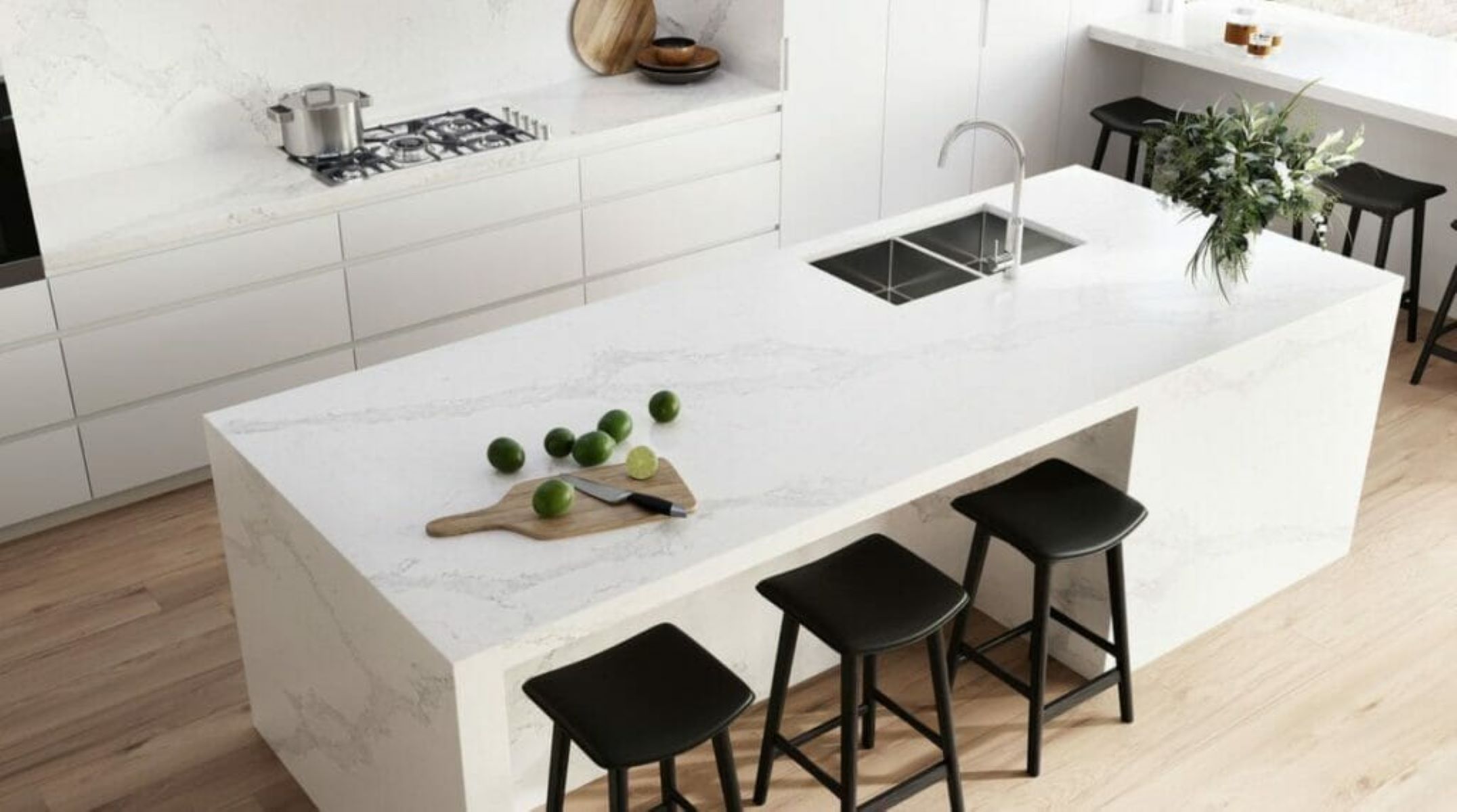
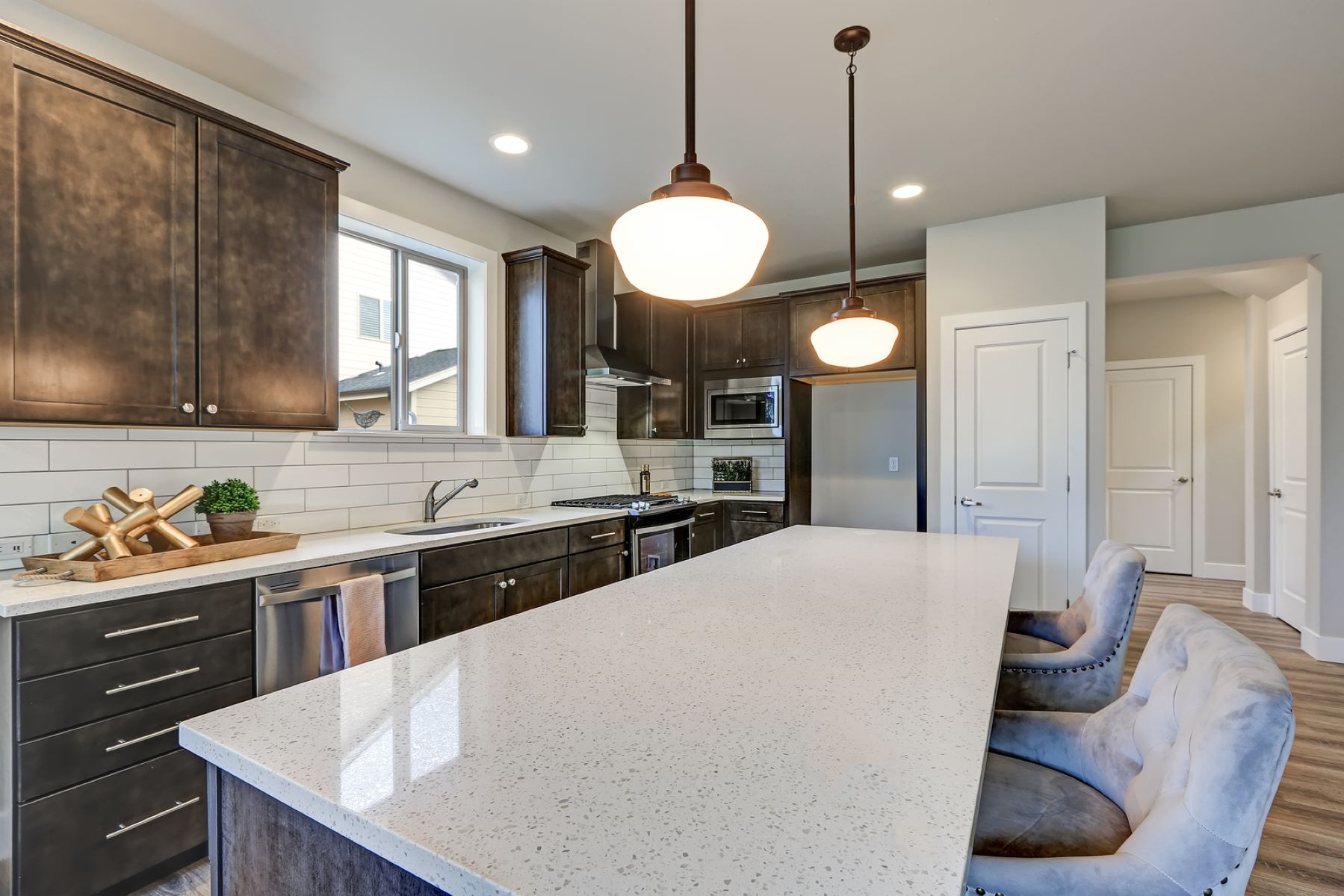
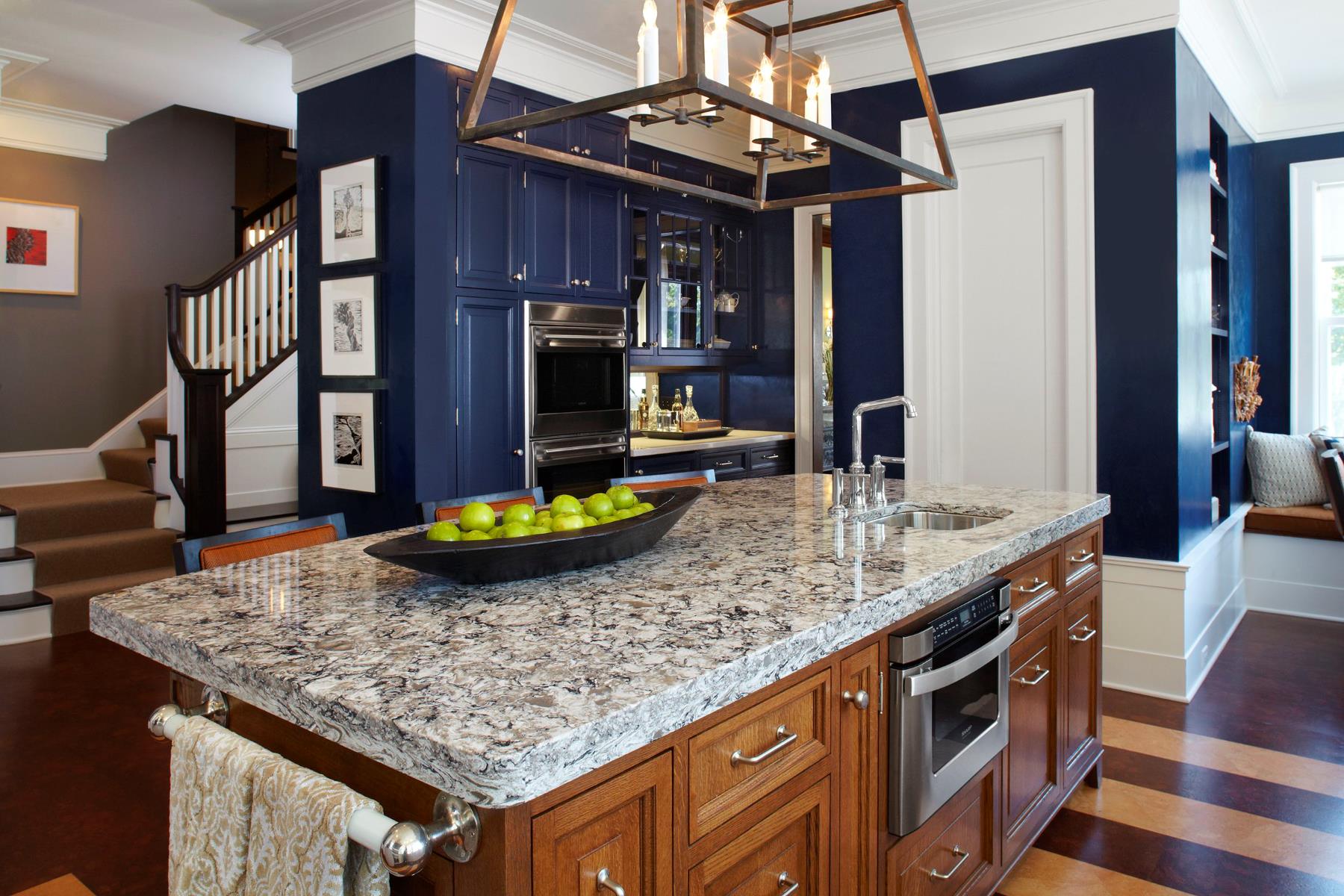
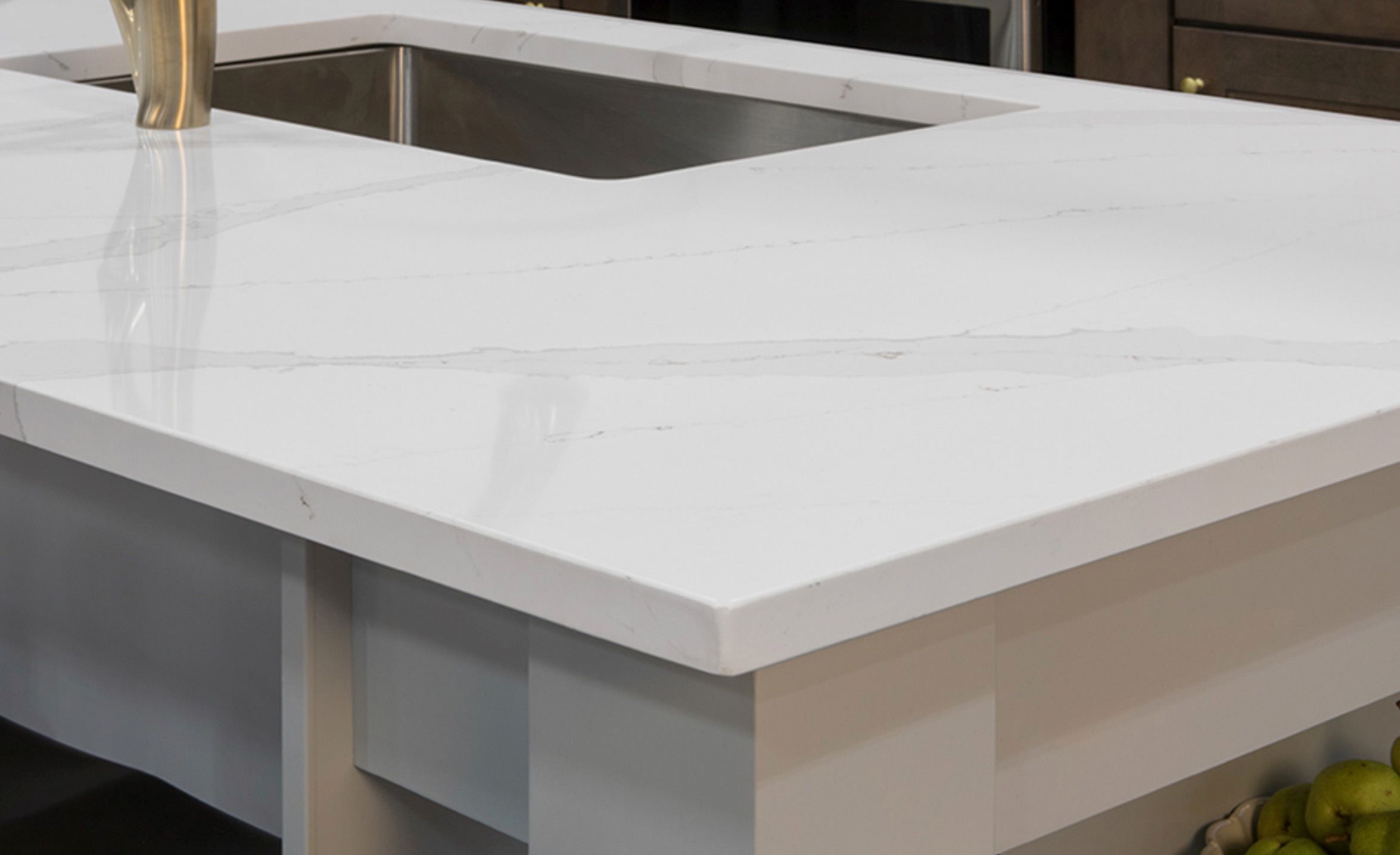
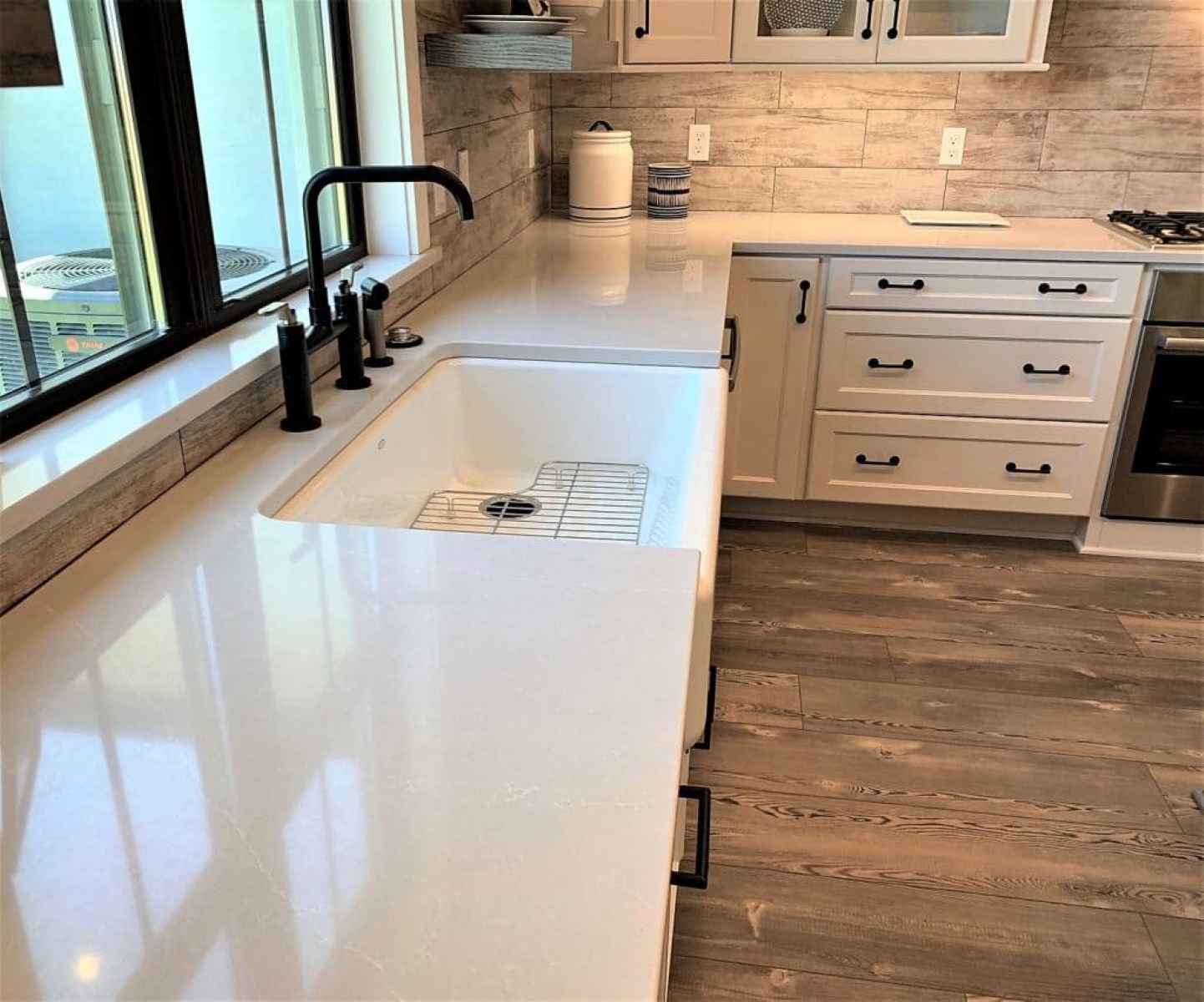







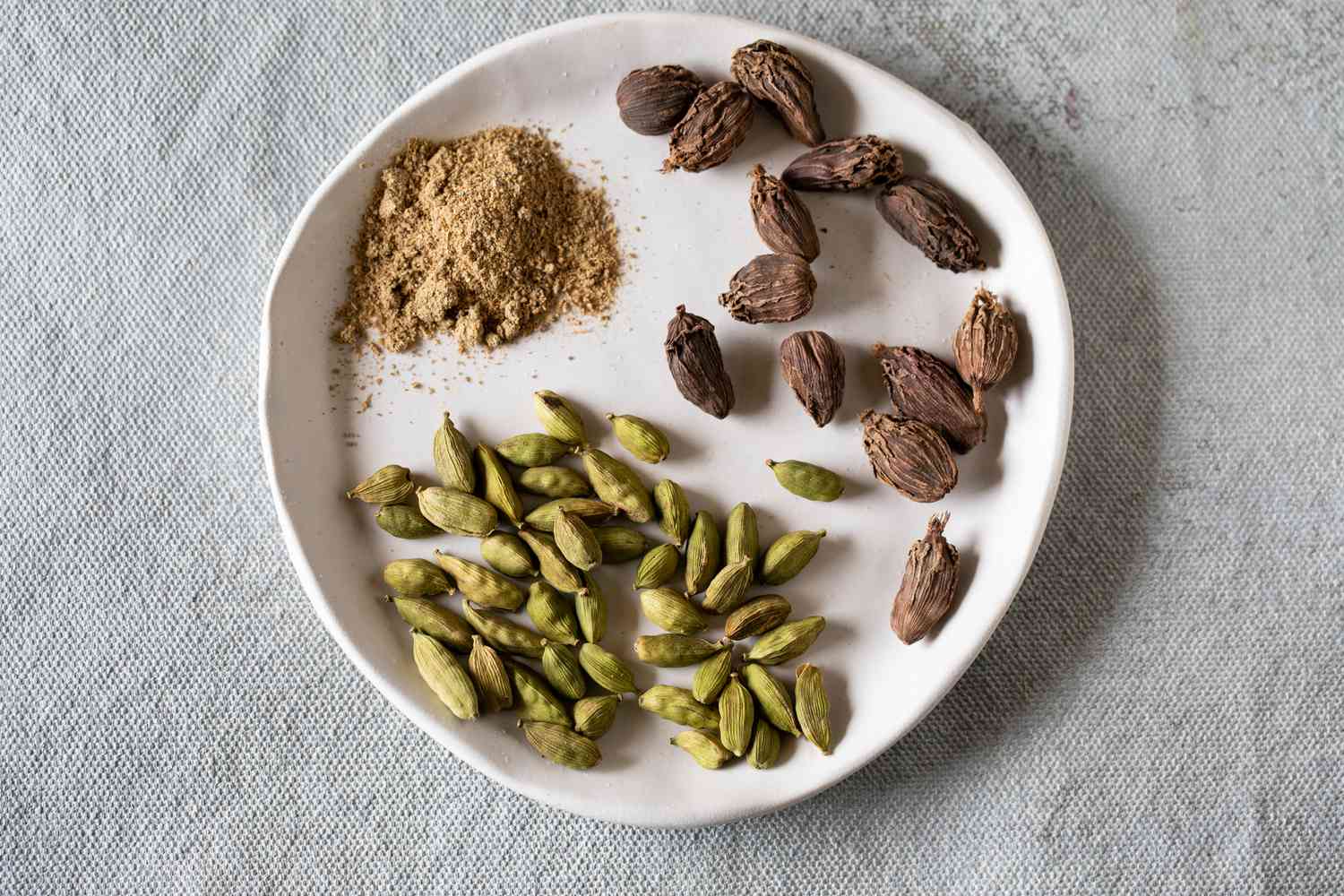
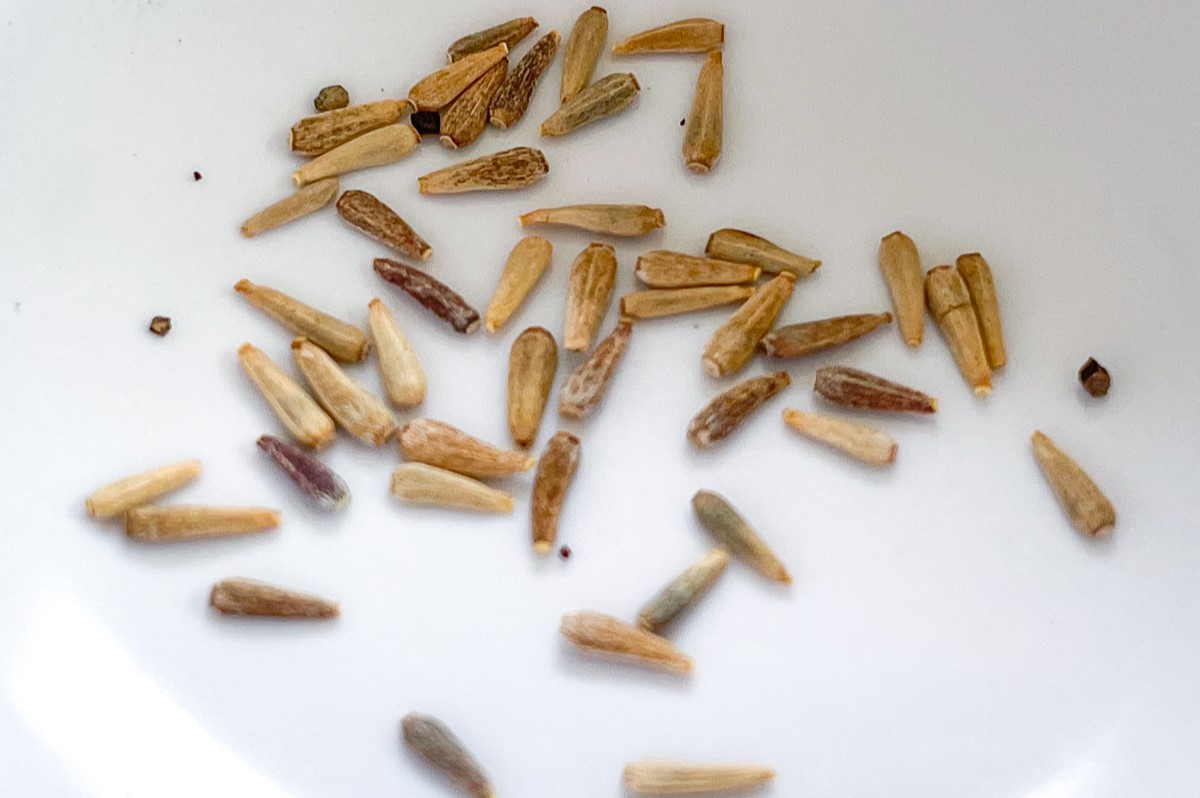

0 thoughts on “What Do Quartz Countertops Look Like”